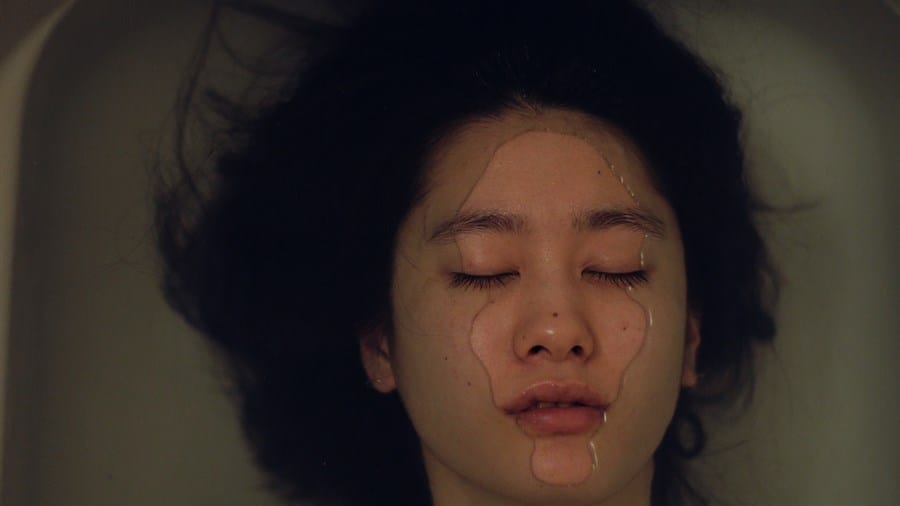In A Room of Her Own: Rei Naito and Light, director Yuko Nakamura has two years of subtle exchanges with a notoriously camera-shy artist, Rei Naito. This documentary attempts to get close to the essence of her work, which explores the lightness of existence, without ever pointing the camera at the artist herself.
What about Rei Naito did you find the most surprising?
In this contemporary world, artists are often thought to be people who use art for self-expression. But in the case of Naito, she struggles with the human ego. She always wants to move away from the self, which is her existence as a human being. I think she makes art to forget herself. It means something very far from the art “as an expression of oneself.” This is what surprised and drew me to her.
In ancient eras, artists perhaps were like that, and art itself was something surpassing the human existence. In response to the many gifts we receive from nature, art was an act of paying tribute to nature and the gods or spirits.
Despite living in the city, Naito manages to stay aloof to the regiment of urban time (she does not respond to phone or email during the day and hardly ever takes public transportation).
In this small, fragile woman, I saw the embodiment of what art used to be. Her artistic world is far from being an expression of her egotistical self in public. The motivation for this art action may be her desire to erase (go beyond) the human ego, just like French philosopher Simone Weil.
Which of her pieces resonate with you the most? Why?
It is “Matrix” in Teshima Museum. You can see how I resonated with this piece in my film. When I first visited that place, I had learned that my mother was terminally ill and I had no idea how I would support and deal with her remaining days. But once at the museum, I was able to take a deep breath. I hadn’t even noticed that I had been holding my breath. My world, which had stopped, started moving again. That piece had the power to move my world.
What would you like audiences to know about Rei Naito?
I would like them to watch her work and feel it for themselves.
Was it frustrating not being able to film her directly? Or do you feel it made your film even more intimate?
If I had been able to film her, the film would not have been as challenging in the way it is. This film is not a documentary about an artist but a documentary drawn from what I received from an art work.
In this sense, it is a story that could have belonged to anyone. So I think I was able to film something an ordinary documentary could not capture. My hope was this film would become, instead of a documentary about someone, a baton to hand over a kind of sensitivity or awareness from me to the audience.
A Room of Her Own: Rei Naito and Light screens May 1 & 3. Get tickets here.



 Follow Us On Instagram
Follow Us On Instagram
